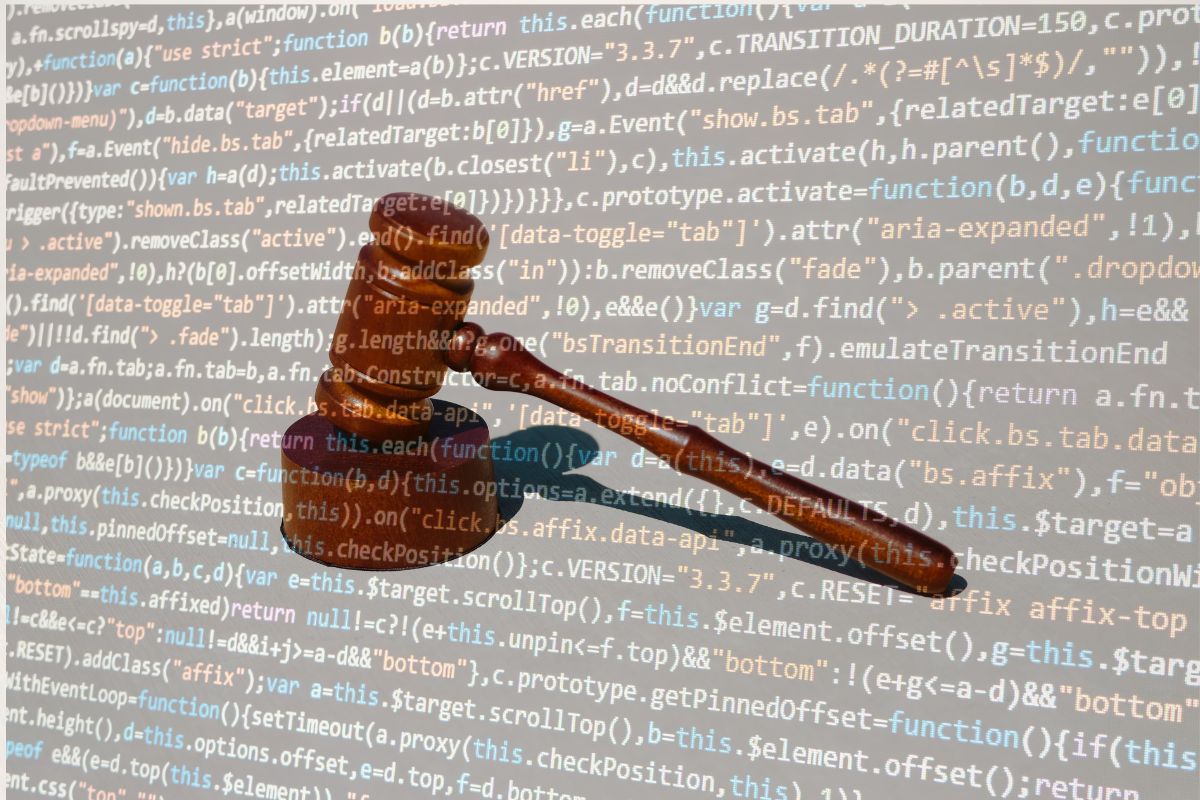
Understanding the Complex World of Web Crawling Legality
Imagine you‘re a digital explorer, armed with sophisticated tools, ready to extract valuable insights from the vast ocean of online information. But wait – is web crawling legal? The answer isn‘t a simple yes or no. It‘s a nuanced landscape where technology, law, and ethics intersect in fascinating ways.
Web crawling, often called web scraping, represents a powerful technique for gathering digital information. However, its legal status remains as complex and dynamic as the internet itself. This comprehensive guide will walk you through everything you need to know about the legality of web crawling, helping you navigate potential risks and opportunities.
The Legal Gray Area: Defining Web Crawling
Web crawling is essentially an automated process of systematically browsing and extracting data from websites. Think of it like a digital librarian, methodically collecting and organizing information from across the internet. But unlike a traditional librarian, web crawlers operate at lightning speed, collecting massive amounts of data in seconds.
The legal complexity emerges from several critical factors:
- Data accessibility and ownership
- Intended usage of extracted information
- Technological methods of extraction
- Jurisdictional regulatory frameworks
Historical Context: The Evolution of Web Crawling
To understand the current legal landscape, we must first explore how web crawling emerged. In the early days of the internet, data extraction was relatively unregulated. Search engines like Google pioneered web crawling techniques, creating massive indexes of online content.
As the internet grew more complex, so did the legal challenges. Early landmark cases, such as eBay v. Bidder‘s Edge in 2000, began establishing precedents for digital data access. This case highlighted the emerging tensions between data accessibility and proprietary rights.
Legal Frameworks: A Global Perspective
Different regions approach web crawling legality through unique regulatory lenses:
United States Legal Landscape
In the United States, web crawling legal considerations primarily revolve around several key legislative frameworks:
- Computer Fraud and Abuse Act (CFAA)
- Digital Millennium Copyright Act (DMCA)
- Various state-level privacy regulations
The U.S. legal system has demonstrated increasing sophistication in handling digital data extraction cases. Courts increasingly recognize the nuanced nature of web crawling, moving beyond simplistic interpretations.
European Union‘s Comprehensive Approach
The European Union has taken a markedly different approach through the General Data Protection Regulation (GDPR). This comprehensive framework emphasizes:
- Explicit user consent
- Data privacy protection
- Strict limitations on personal information extraction
Technical Methodologies and Legal Implications
Web crawling isn‘t a monolithic technique. Different extraction methods carry varying legal risks:
Public Data Extraction
Gathering publicly available information generally presents fewer legal challenges. However, "public" doesn‘t automatically mean "free to use without restrictions."
Protected Data Collection
Accessing password-protected or explicitly restricted content introduces significant legal risks. Circumventing technological barriers can potentially violate computer crime statutes.
Practical Risk Mitigation Strategies
Developing a Legally Compliant Web Crawling Approach
Obtain Explicit Permissions
Before initiating any web crawling project, establish clear communication channels with website owners. Many are willing to grant access when approached professionally.Respect Robots.txt Guidelines
Website administrators use robots.txt files to communicate crawling preferences. Honoring these guidelines demonstrates ethical data collection practices.Implement Technical Limitations
- Moderate crawling speeds
- Limit simultaneous requests
- Provide identifying user agents
- Implement respectful data collection protocols
Case Studies: Legal Precedents and Insights
LinkedIn vs. hiQ Labs (2019)
This landmark case established critical precedents for web crawling. The court ruled that accessing publicly available data doesn‘t constitute unauthorized access, providing significant clarity for data researchers.
Facebook vs. Power Ventures (2016)
This case highlighted the complexities of technological access boundaries, demonstrating how courts interpret digital interaction restrictions.
Emerging Trends and Future Predictions
The web crawling legal landscape continues evolving rapidly. Emerging trends suggest:
- Increased regulatory sophistication
- More nuanced technological tracking
- Growing emphasis on algorithmic transparency
Market Dynamics
The global web scraping market demonstrates remarkable growth potential:
- Estimated market value: [Approximately $2.5 billion by 2025]
- Projected annual growth rate: 15-20%
Practical Recommendations for Organizations
- Develop comprehensive compliance protocols
- Consult specialized legal experts
- Implement robust ethical frameworks
- Stay informed about regulatory changes
Investment and Strategic Considerations
For organizations considering web crawling initiatives, careful strategic planning is crucial. Consider:
- Long-term regulatory trends
- Technological infrastructure
- Ethical data collection methodologies
Conclusion: Navigating the Digital Frontier
Web crawling exists in a dynamic, complex ecosystem where technology and law continuously reshape each other. Success requires a delicate balance between innovative data extraction and rigorous legal compliance.
Remember, the goal isn‘t just collecting data – it‘s doing so responsibly, ethically, and legally. By understanding the nuanced landscape, you can transform potential legal risks into strategic opportunities.
Disclaimer: This guide provides general information and should not be considered legal advice. Always consult qualified legal professionals for specific guidance tailored to your unique circumstances.










